Princess Victoria or Princess Viktoria may refer to:
Louise of Prussia may refer to:

Chlodwig Carl Viktor, Prince of Hohenlohe-Schillingsfürst, Prince of Ratibor and Corvey, usually referred to as the Prince of Hohenlohe, was a German statesman, who served as the chancellor of the German Empire and minister-president of Prussia from 1894 to 1900. Prior to his appointment as Chancellor, he had served in a number of other positions, including as minister-president of Bavaria (1866–1870), German Ambassador to Paris (1873–1880), Foreign Secretary (1880) and Imperial Lieutenant of Alsace-Lorraine (1885–1894). He was regarded as one of the most prominent liberal politicians of his time in Germany.

The Order of the Black Eagle was the highest order of chivalry in the Kingdom of Prussia. The order was founded on 17 January 1701 by Elector Friedrich III of Brandenburg. In his Dutch exile after World War I, deposed Emperor Wilhelm II continued to award the order to his family. He made his second wife, Princess Hermine Reuss of Greiz, a Lady in the Order of the Black Eagle.
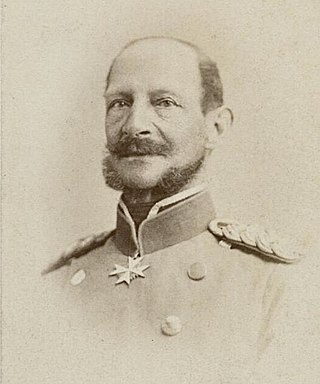
Prince Frederick Henry Albert of Prussia was the fifth son and youngest child of King Frederick William III of Prussia and Louise of Mecklenburg-Strelitz. His parents had fled to East Prussia after the occupation of Berlin by Napoleon, and Albert was born in Königsberg. Two of Albert's elder brothers were Frederick William IV, King of Prussia from 1840 till 1861, and William I, King of Prussia from 1861 to 1888 and German Emperor from 1871 until 1888.
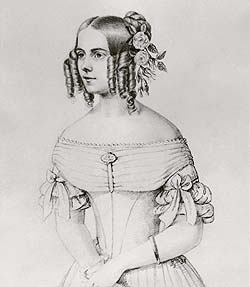
Rosalie von Rauch, was a German noblewoman and, since 1853, Countess of Hohenau.

Eduard Julius Theodor Julius Friedländer was a German numismatist.
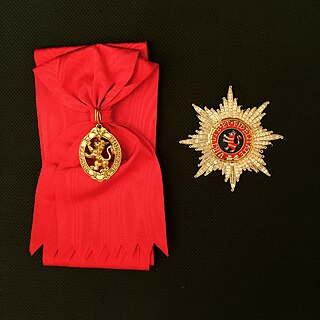
The House Order of the Golden Lion was an order of the German Landgraviate and Electorate of Hesse-Kassel and later, the Grand Duchy of Hesse and by Rhine. It was first instituted in 1770 by Landgrave Frederick II, in honour of and under the patronage of Saint Elizabeth of Hungary, an ancestor of the House of Hesse, and was intended to award auspicious merit.

The Military Merit Cross (Militärverdienstkreuz) was established by Friedrich Franz II, Grand Duke of Mecklenburg-Schwerin on August 5, 1848. Mecklenburg-Schwerin, a grand duchy located in northern Germany, was a member of the German Confederation and later the German Empire.
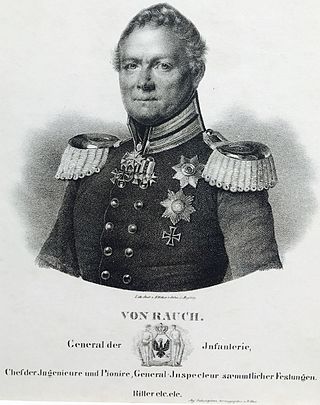
Johann Justus Georg Gustav von Rauch was a Prussian general of the infantry and Minister of War from 1837 to 1841.
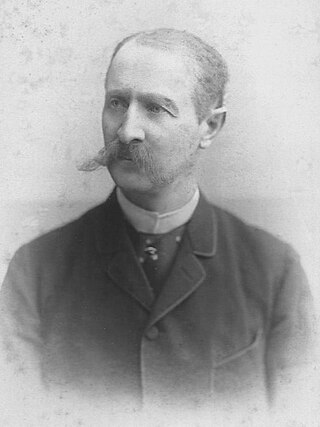
Alexis was a lieutenant general, statesman, and the Prince of Bentheim and Steinfurt from 28 September 1890 to 21 January 1919.

Ludwig Wilhelm, Prince of Bentheim and Steinfurt was a Royal Hanoverian and Prussian Lieutenant General and the Prince of Bentheim and Steinfurt from 3 November 1866 to 28 September 1890.
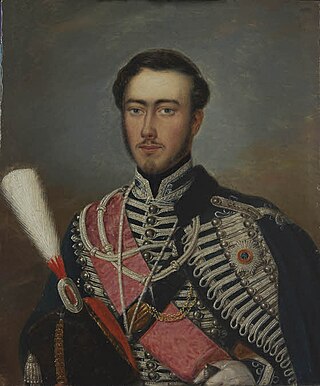
Alexis William Ernest Philip of Hesse-Philippsthal-Barchfeld was the last ruling Landgrave of Hesse-Philippsthal-Barchfeld.

Prince Christian of Hesse-Philippsthal-Barchfeld was a member of the House of Hesse-Philippsthal-Barchfeld and a German naval officer until he resigned his commission during the First World War in protest at Germany's policy of unrestricted submarine warfare.

Chlodwig, Landgrave of Hesse-Philippsthal-Barchfeld was an officer in the Prussian Army and head of the Hesse-Philippsthal line of the House of Hesse.

William of Hesse-Philippsthal-Barchfeld, was a German prince of the Hesse-Philippsthal-Barchfeld branch of the House of Hesse, and Konteradmiral of the Prussian and Imperial German Navy.
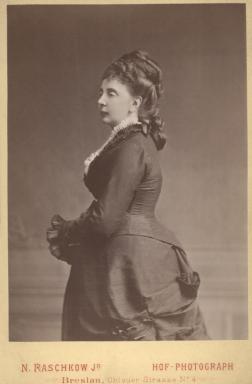
Marie Louise Anna of Prussia was a Prussian princess, by birth member of the House of Hohenzollern.

Johann Bonaventura von Rauch was a Prussian Army major general. His sons Gustav, Leopold and Friedrich Wilhelm also took up military careers and became general as well.

Born into an aristocratic Prussian family, Albert Gustav Guido von Rauch was a general of the infantry in the Prussian Army who fought in the Austro-Prussian War and Franco-Prussian War.
















